The relationship between iodine and thyroid health has been a subject of medical research for over a century. Iodine, a trace element found in certain foods and added to table salt, plays a pivotal role in the production of thyroid hormones. These hormones regulate metabolism, growth, and development, making iodine essential for maintaining overall health. However, the balance is delicate—both deficiency and excess can lead to significant thyroid disorders.
Understanding Iodine's Role in Thyroid Function
The thyroid gland absorbs iodine from the bloodstream to produce thyroxine (T4) and triiodothyronine (T3), the two primary hormones that influence nearly every cell in the body. Without sufficient iodine, the thyroid cannot synthesize adequate amounts of these hormones, leading to hypothyroidism, goiter, or developmental issues in children. Conversely, excessive iodine intake can trigger hyperthyroidism or autoimmune thyroid conditions like Hashimoto's thyroiditis.
Iodine deficiency remains a global health concern, particularly in regions where soil and water lack this essential mineral. Populations in these areas often rely on iodized salt programs to prevent deficiency-related complications. Yet, even in countries with iodine fortification, certain groups—such as pregnant women, vegans, and people with restricted diets—may still be at risk.
The Delicate Balance: Risks of Too Little or Too Much
While iodine deficiency is well-documented, the dangers of excessive iodine are less commonly discussed. High iodine levels can overwhelm the thyroid's ability to regulate hormone production, leading to temporary or permanent dysfunction. For instance, sudden spikes in iodine intake—sometimes seen with contrast dyes used in medical imaging or excessive seaweed consumption—can cause iodine-induced hyperthyroidism or hypothyroidism.
Interestingly, the thyroid has a self-protective mechanism called the Wolff-Chaikoff effect, which temporarily halts hormone production when iodine levels are excessively high. In most cases, the gland eventually escapes this blockade and resumes normal function. However, in individuals with underlying thyroid conditions, this escape mechanism may fail, resulting in prolonged hypothyroidism.
Dietary Sources and Supplementation Considerations
Seafood, dairy products, and iodized salt are the most common dietary sources of iodine. Seaweed, while rich in iodine, contains highly variable amounts that can sometimes exceed safe limits. For those who avoid these foods, such as individuals following strict plant-based diets, supplementation may be necessary—but it should be approached cautiously.
Pregnant and breastfeeding women have increased iodine requirements, as adequate levels are crucial for fetal brain development. Many prenatal vitamins now include iodine, but concentrations vary. Healthcare providers often recommend tailored supplementation based on individual needs and dietary habits.
Emerging Research and Controversies
Recent studies have explored iodine's potential role in thyroid autoimmunity. Some research suggests that optimal—rather than maximal—iodine intake may be key for preventing autoimmune thyroid diseases. This has led to debates about ideal iodine reference ranges and whether current fortification strategies need refinement.
Another area of investigation focuses on iodine's antioxidant properties and its possible protective effects against certain cancers. While promising, these findings require further validation through large-scale clinical trials.
Practical Recommendations for Thyroid Health
For most individuals, consuming iodized salt in moderation along with a balanced diet provides sufficient iodine without risking excess. Those considering supplements should consult healthcare providers, especially if they have preexisting thyroid conditions. Regular monitoring through urinary iodine tests can help assess status and guide appropriate interventions.
Public health initiatives continue to emphasize the importance of maintaining adequate iodine nutrition while avoiding extremes. As research evolves, personalized approaches to iodine intake may become more common, recognizing that individual needs vary based on genetics, diet, and overall health status.

By /May 21, 2025
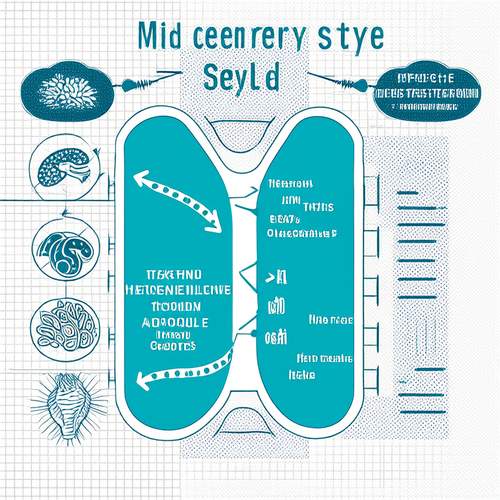
By /May 21, 2025

By /May 21, 2025
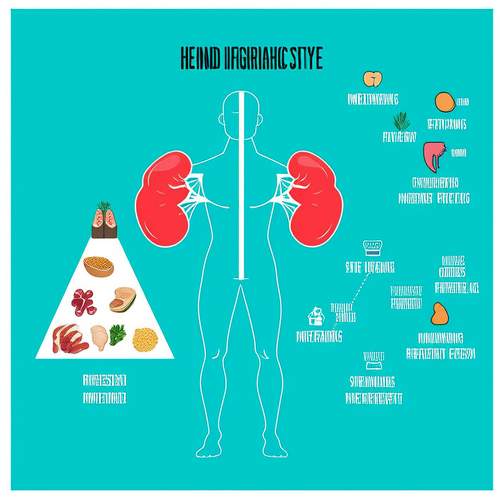
By /May 21, 2025
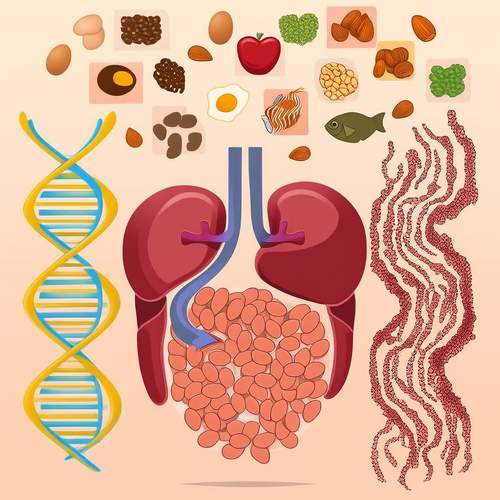
By /May 21, 2025
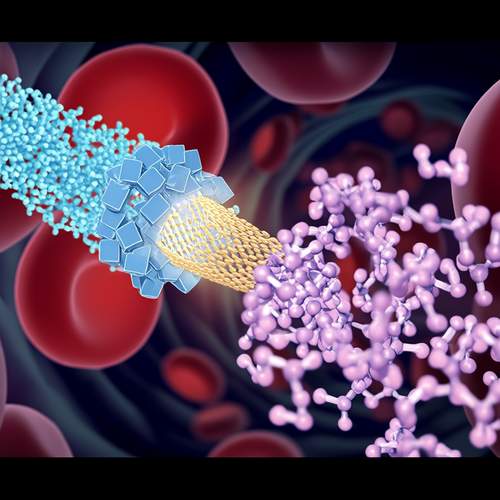
By /May 21, 2025
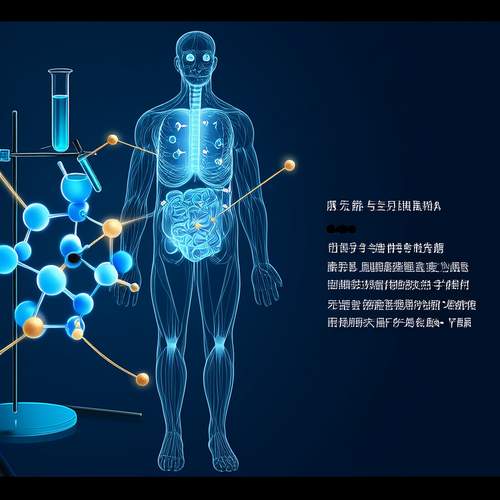
By /May 21, 2025
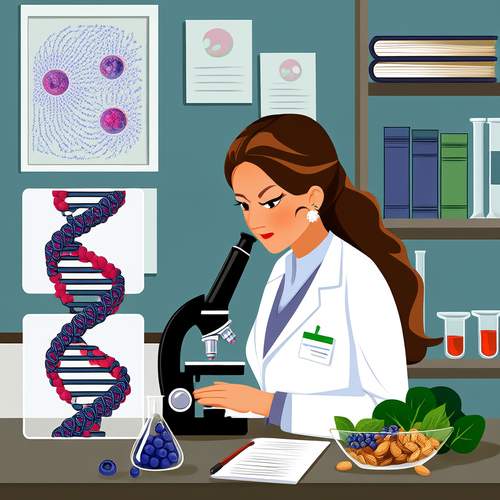
By /May 21, 2025

By /May 21, 2025

By /May 21, 2025

By /May 21, 2025

By /May 21, 2025
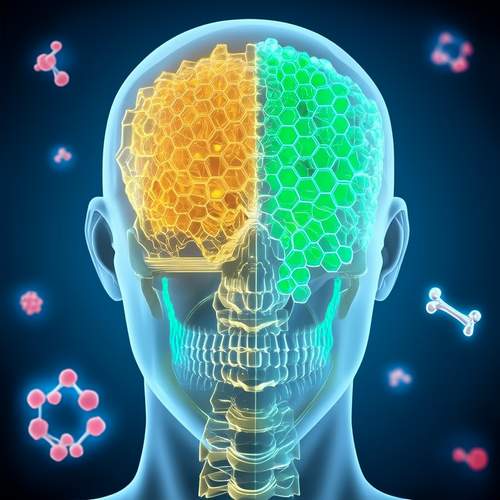
By /May 21, 2025
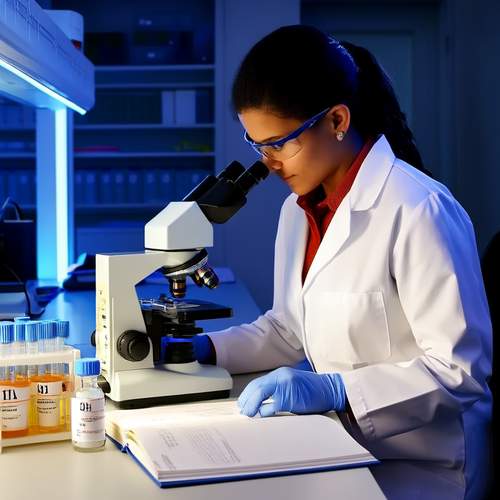
By /May 21, 2025

By /May 21, 2025

By /May 21, 2025

By /May 21, 2025

By /May 21, 2025

By /May 21, 2025

By /May 21, 2025